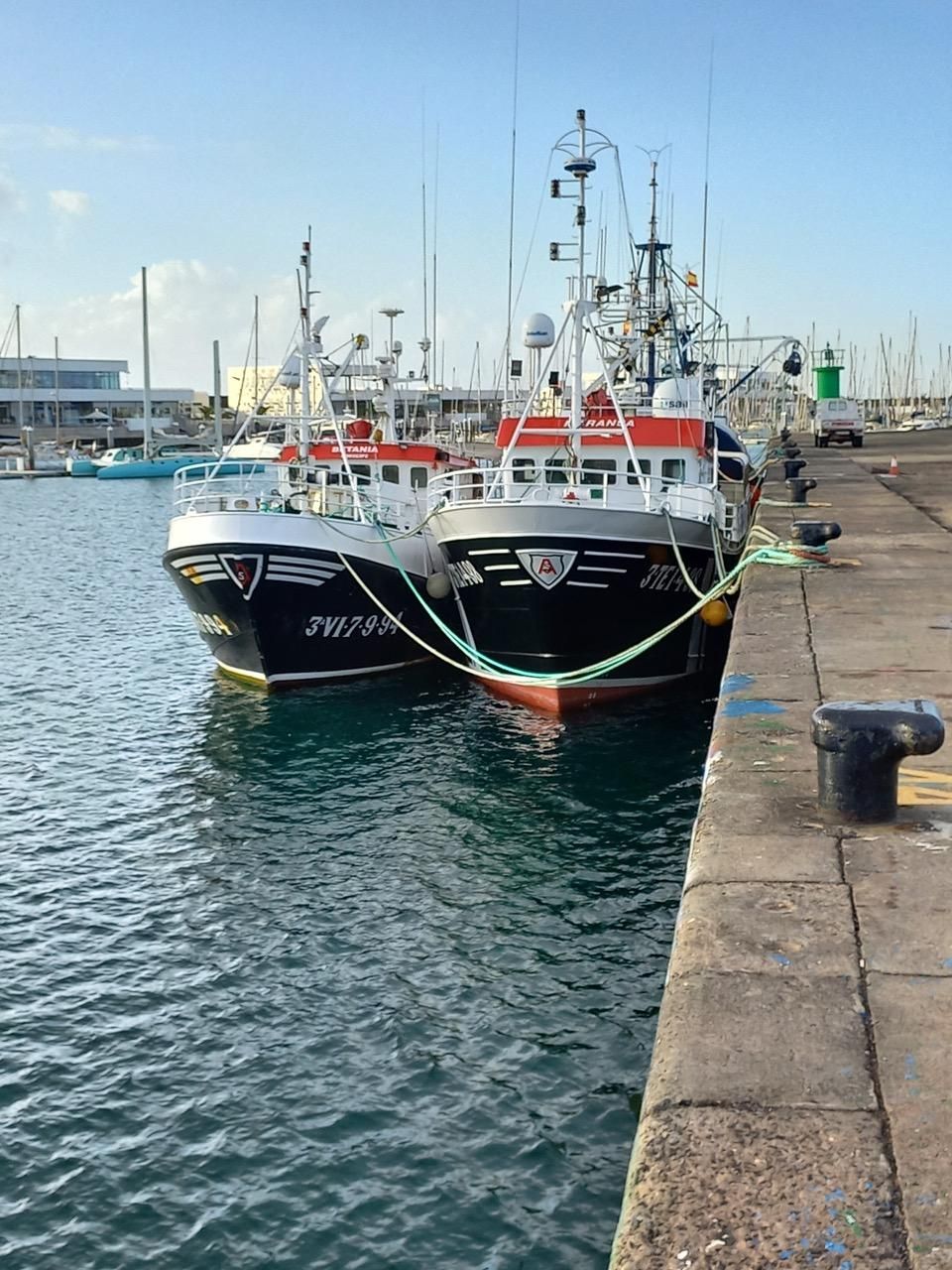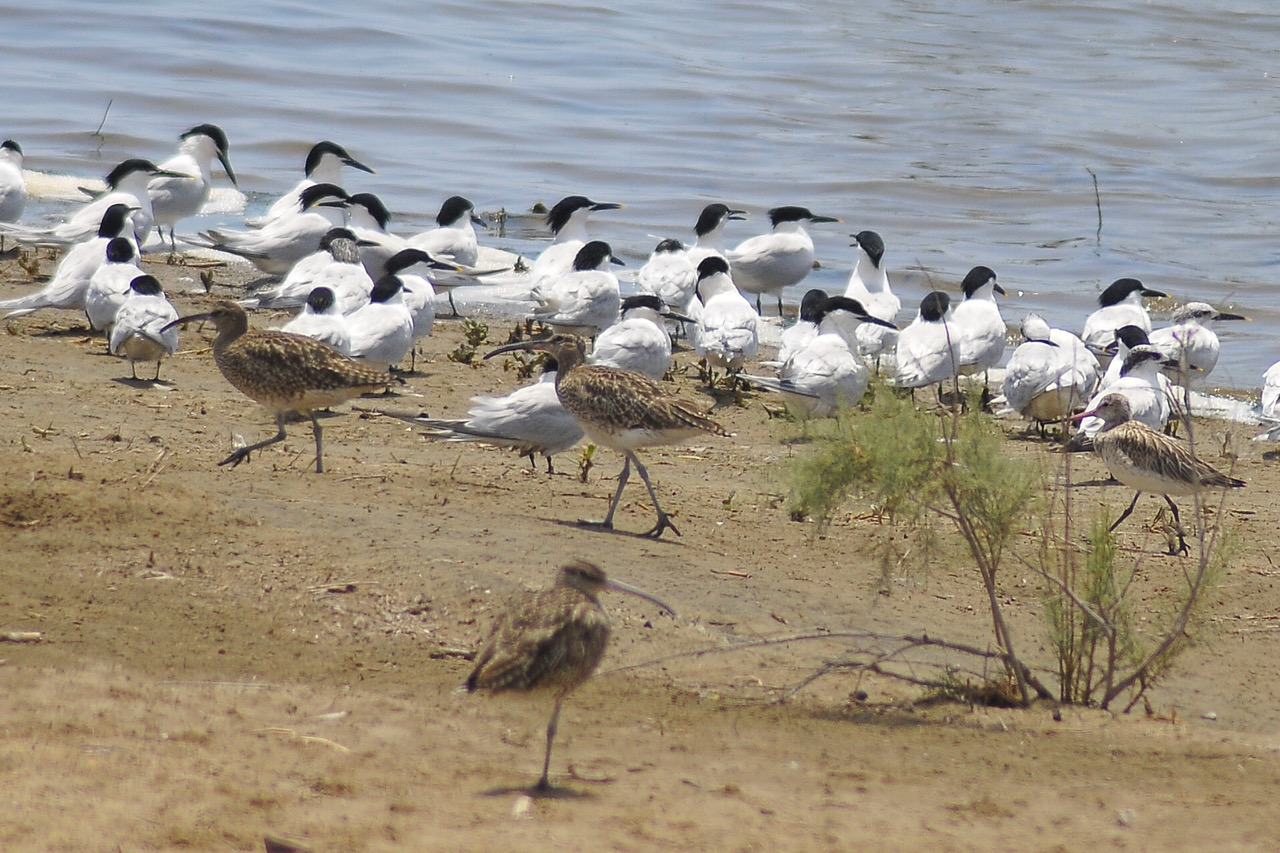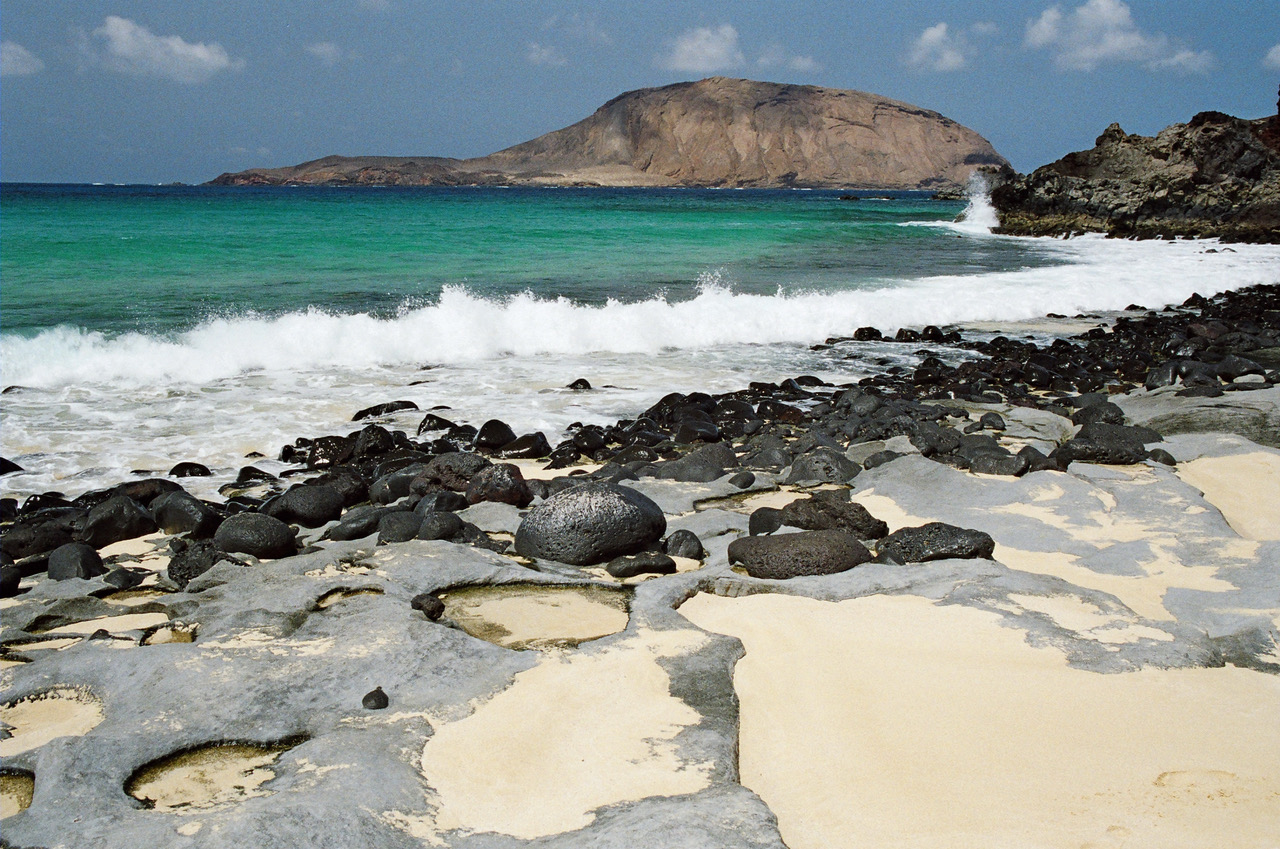Under the acronym AMPLÍA, the initiative aims to analyze the maritime areas included in the Biosphere Reserves of Gran Canaria, Fuerteventura and Lanzarote, and to achieve an “effective” and “sustainable” management of these areas where various stakeholders participate in decision making
The AMPLÍA project, launched by the University of Las Palmas de Gran Canaria through the Biodiversity and Conservation Group (BIOCON) of the University Institute for Research in Sustainable Aquaculture and Marine Ecosystems (ECOAQUA) has set itself the challenge of achieving “effective” and “sustainable” management of the marine areas of the eastern Canary Islands.
With a budget of almost 400,000 euros, the research and development project, entitled ‘Diagnosis of the state of the marine resources of the Eastern Canary Islands with the aim of expanding the marine area of their Biosphere Reserves’ and under the acronym AMPLÍA, is part of the call for grants for the funding of actions in Biosphere Reserves within the framework of the Recovery, Transformation and Resilience Plan, which will culminate in 2026. In addition to ECOAQUA, the Mathematics Department of the ULPGC also collaborates in this research.
 Boats docked in Arrecife, Lanzarote - Photo by José Juan Castro
Boats docked in Arrecife, Lanzarote - Photo by José Juan Castro
Directed by José Juan Castro, PhD in Marine Sciences, researcher in the BIOCON Group of ECOAQUA and director of the Biology Department of the ULPGC, the project aims, after an evaluation and diagnosis phase, to set up participatory committees that, in conjunction with public administrations, seek a management and control of marine areas according to their capacity in the context of climate change.
Making fishing compatible with the conservation of marine resources and ecosystems in Gran Canaria, Fuerteventura and Lanzarote is key, according to the project, to meeting Spain’s international commitment to protect at least 30% of the marine area by 2030.
Under this premise, the AMPLÍA project is proposed and launched, oriented to evaluate the current state of marine resources and determine the potential impact of an extension or rezoning of protected areas as Biosphere Reserves in the eastern islands. The inclusion in this classification of marine areas that, based on research, are considered critical or vital for biodiversity, as well as the search for strategies that make the efficient conservation of marine ecosystems compatible with fishing exploitation are the core of the proposal.
The first phase of the AMPLÍA project will be based on the evaluation of the state of the resources and ecosystems, to move on to a second phase where the various stakeholders in marine exploitation and conservation will be instructed in the interpretation of the data and ecological indicators obtained in the previous phase. The third phase will be the most ambitious, as it aims to establish a prototype at national level, based on citizen participation for informed decision making and thus establish the basis for the achievement of a sustainable collective use of the sea over time.
This initiative will allow to analyze and evaluate the more than 260,000 hectares currently included in the Biosphere Reserves of Gran Canaria, Fuerteventura and Lanzarote, in order to identify the deficiencies in the management of all the areas and provide tools for evaluation, training and participation that will make an efficient and sustainable management of these areas possible.
According to José Juan Castro, “the Biosphere Reserves must take the necessary steps to include in their areas of influence all the insular marine areas relevant to marine biodiversity, so as to ensure the viability of their preservation, implementing strategies for citizen participation in decision-making, needed to conserve the natural heritage as a whole and mitigate, as much as possible, the effects of climate change”.
A large part of the biodiversity of the Canary Islands is directly associated with the marine environment and develops mostly in the neritic waters that immediately surround the islands, on the narrow and sparse island platforms (over 75% of the species are located at depths of less than 200 meters). Of this wide biodiversity (5,232 species catalogued to date, 164 of which are endemic) very little biological and ecological information is available, but there are known indicators that indicate that some of them are in danger of extinction or are very rare, especially the group of elasmobranchs, with species included in the national catalog of endangered species.
 Maspalomas Pond, part of the Biosphere Reserve of the eastern islands - Photo by Yeray Pérez González
Maspalomas Pond, part of the Biosphere Reserve of the eastern islands - Photo by Yeray Pérez González
As can be deduced from previous research reports in this field, “the marine fishery resources associated with the islands are, for the most part, overexploited”. Nonetheless, there is no solid scientific database to verify the current state of the stocks of the species and to provide evidence of the loss of fishing productivity.
Beatriz Díaz – beatriz@mandarinacomunicacion.es – 620410871


